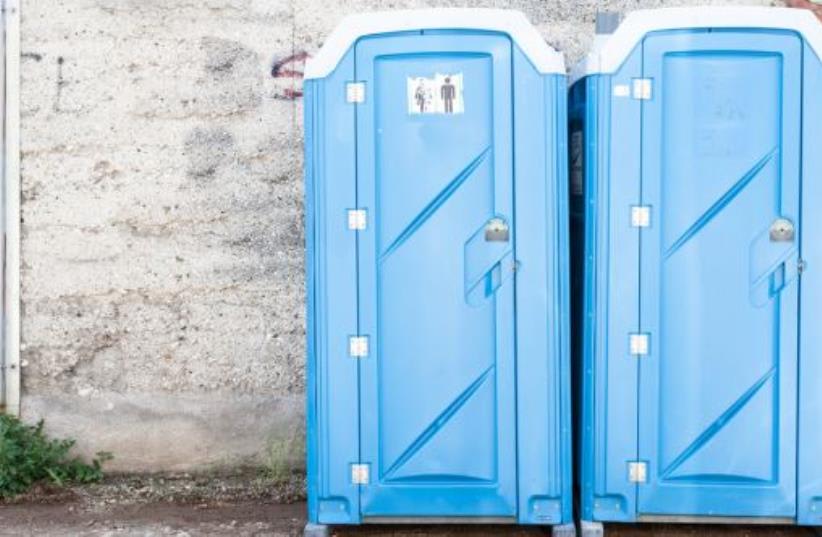How many times a day do you go to the bathroom to pee?
The answers can be very diverse and vary from person to person and period to period. But if you see that you need to empty yourself very often - twice an hour or more or if you wake up several times a night to pee - there may be a medical problem that is causing an increase in the frequency that you urinate.
The first thing is to see your family doctor, yet here are six reasons why you may need to pee all the time.
1. Urinary infection
The immediate suspect, of course, is the infamous urinary tract infection.
Its identifiable symptoms are a sudden increase in the need and frequency of urination and a burning sensation when urinating. Other symptoms that mark a urinary tract infection are fever and pain in the lower abdomen. Inflammation is caused by bacteria entering the bladder and it’s usually treated by a combination of antibiotics and painkillers.
2. Diabetes
If you feel that you need to pee many times daily, and also see a larger than normal amount of urine to empty, this may signal diabetes. In diabetes (type 1 or 2) large amounts of excess sugar accumulate in the body and one way to get rid of it is through the urinary system. The high sugar that accumulates in the blood is transferred to the kidneys, and if they can’t keep pace, the excess is diverted to urine and fluid is pumped from tissues to clear the sugar in this pathway. This process can also cause dehydration. Another side effect of diabetes is thirst, which causes people to drink more, then urinate more, until it becomes a vicious cycle.
3. Prostate problems
This section is only relevant for men (women, please look in the next section).
An enlarged prostate can put pressure on the urethra, the tube that carries urine out of the body, which restricts the passage of urine and causes irritation in the bladder walls. In this situation, the bladder may shrink and signal that you need to pee, even when it’s not full and contains only a small amount of urine.
Men who suffer from benign prostate enlargement may wake up around eight times during one night to pee. In addition, the pressure of the prostate makes it difficult to hold urine and eventually make a man incontinent.
4. Pregnancy
This section is definitely for women. Hormonal changes that occur throughout the stages of pregnancy may increase urination frequency. And, as the pregnancy progresses and the growing uterus and fetus take up more space in the abdominal cavity and exert pressure on the surrounding organs, the bladder also becomes stressed and seeks to empty more frequently. The excess load on the pelvic floor may also impair the ability to hold urine, wait for a bathroom and cause very frequent evacuation.
5. Overactive bladder syndrome
People who suffer from overactive bladder syndrome feel like they need to pee more often due to involuntary contractions of the bladder. The result is that they feel they have to pee even when their bladder is empty. Dealing with this syndrome can be very frustrating, but there are a variety of treatments that can help those suffering from it, such as pelvic floor physiotherapy exercises, drug treatments and minimally invasive procedures.
6. Anxiety
Excitement, stress, pressure and anxiety can send us running to the bathroom. Under normal circumstances, our bladder fills and expands until it reaches its maximum capacity and then it signals to our brain that it’s time to empty. For the most part, we also take time to do so when the conditions and timing are right, such as pulling into a rest stop on a long drive. But as anxiety and stress levels rise, the bladder may become more active which makes us feel like we can’t hold in our pee for another second.
